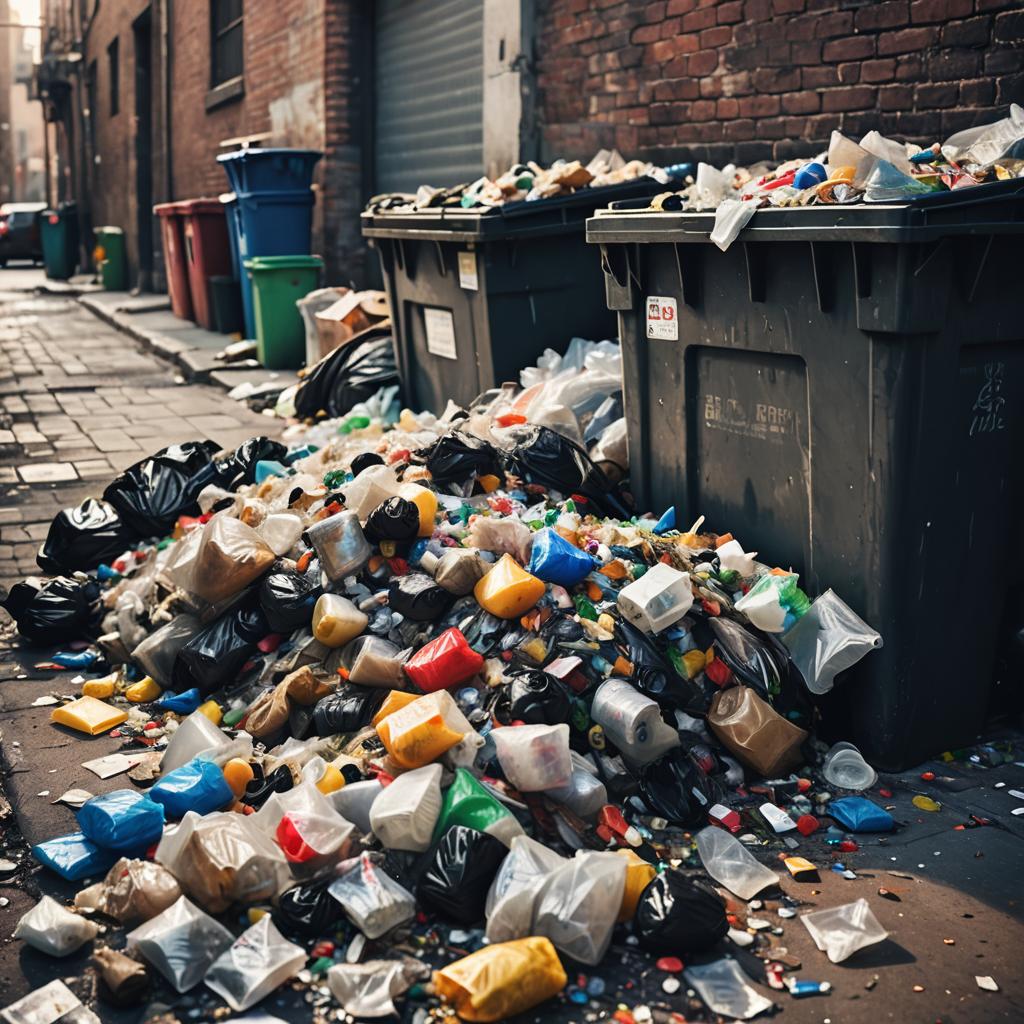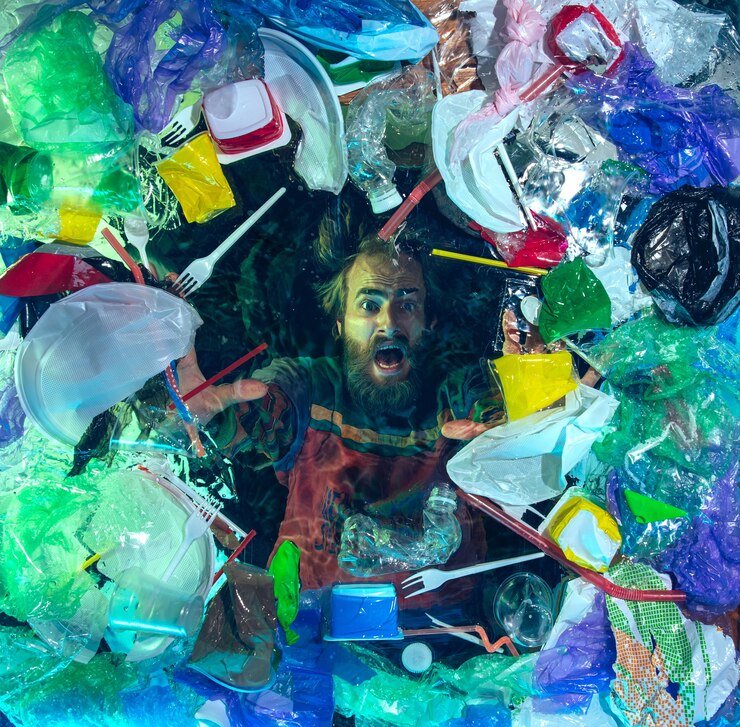
The Growing Waste Mountain
Our modern society’s relentless consumption habits have given rise to a burgeoning waste crisis that demands immediate attention. The staggering statistics paint a grim picture of the scale of the problem:
Global Municipal Solid Waste Generation
| Annual Waste Generation | Percentage Mismanaged |
|---|---|
| 2.01 billion tons | At least 33% |
This means that a significant portion of the world’s municipal solid waste, amounting to billions of tons annually, is not being managed in an environmentally safe manner, posing severe risks to human health and the environment.
Lagging Recycling Efforts
Recycling and composting have long been touted as crucial strategies for reducing waste and conserving resources. However, current recycling rates remain alarmingly low, particularly in developed nations like the United States:
U.S. Recycling and Composting Rate (2018)
About 32.1%

This statistic underscores the urgent need to enhance recycling infrastructure, education, and incentives to divert more waste from landfills and incinerators.
The Plastic Pollution Crisis
Of particular concern is the proliferation of plastic waste, which has become a global environmental scourge. Despite the growing awareness of its detrimental impact, the recycling rates for plastic remain abysmal:
Plastic Waste Recycling Rate
Only about 9%
This means that a staggering 91% of all plastic waste ever produced has ended up in landfills, oceans, or the environment, contributing to the pollution of ecosystems, the harm of wildlife, and the degradation of natural habitats.

Embracing a Circular Economy
Addressing the waste crisis requires a fundamental shift toward a circular economy, where waste is minimized, resources are reused and recycled, and products are designed for longevity and recyclability. This transition demands a multi-faceted approach involving governments, businesses, and individuals.
Governments must implement robust waste management policies, invest in recycling infrastructure, and incentivize sustainable practices. Businesses must embrace eco-friendly product design, responsible sourcing, and extended producer responsibility. Individuals, too, play a pivotal role by reducing consumption, separating waste properly, and supporting recycling initiatives.
Innovative Solutions on the Horizon
Encouragingly, innovative solutions are emerging to tackle the waste crisis. Advanced recycling technologies, such as chemical recycling and waste-to-energy conversion, offer promising avenues for managing hard-to-recycle materials. Furthermore, the development of biodegradable and compostable alternatives to traditional plastics could help mitigate the plastic pollution crisis.
A Call to Action
The waste crisis is a global challenge that transcends borders and generations. Failure to address it will have catastrophic consequences for our planet and future generations. By acknowledging the alarming statistics and embracing a comprehensive approach to waste management, we can pave the way for a more sustainable and circular future.
It is incumbent upon all stakeholders governments, businesses, and individuals to take decisive action and prioritize waste reduction, recycling, and responsible resource management. Only through collective effort and unwavering commitment can we turn the tide on the waste crisis and preserve our planet for generations to come.
#Waste Management and Recycling
I have not checked in here for a while as I thought it was getting boring, but the last few posts are good quality so I guess I will add you back to my daily bloglist. You deserve it my friend 🙂